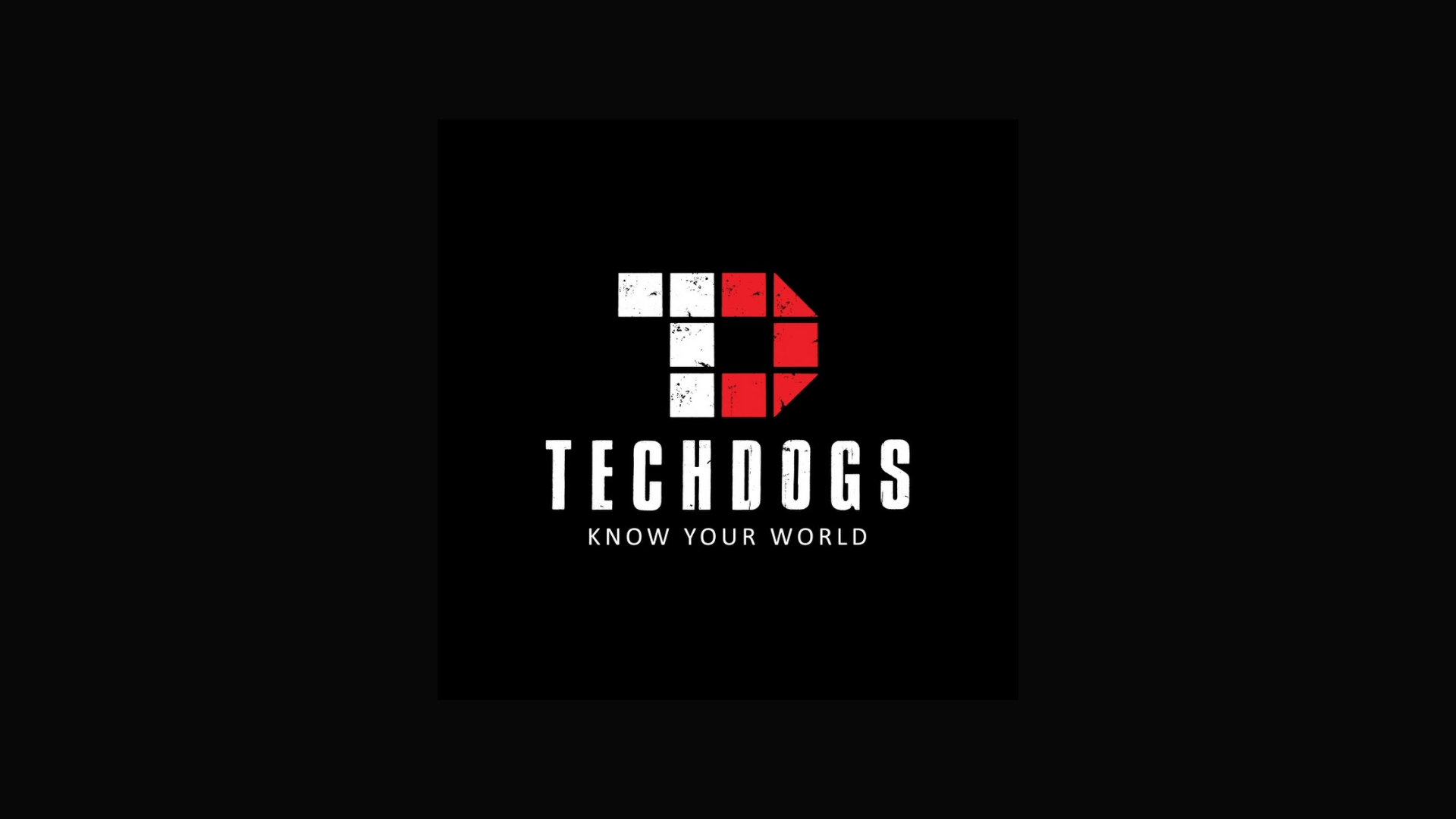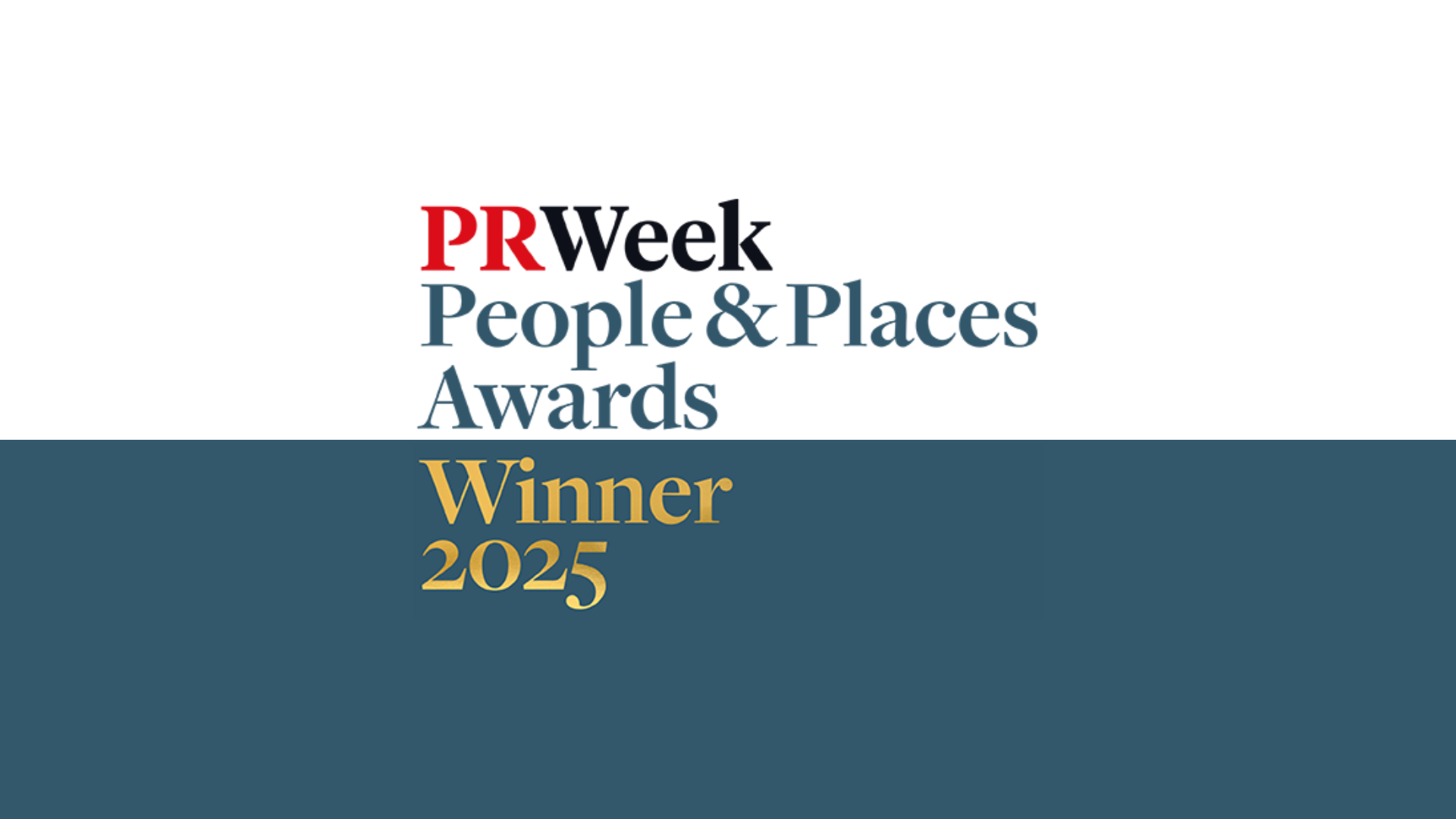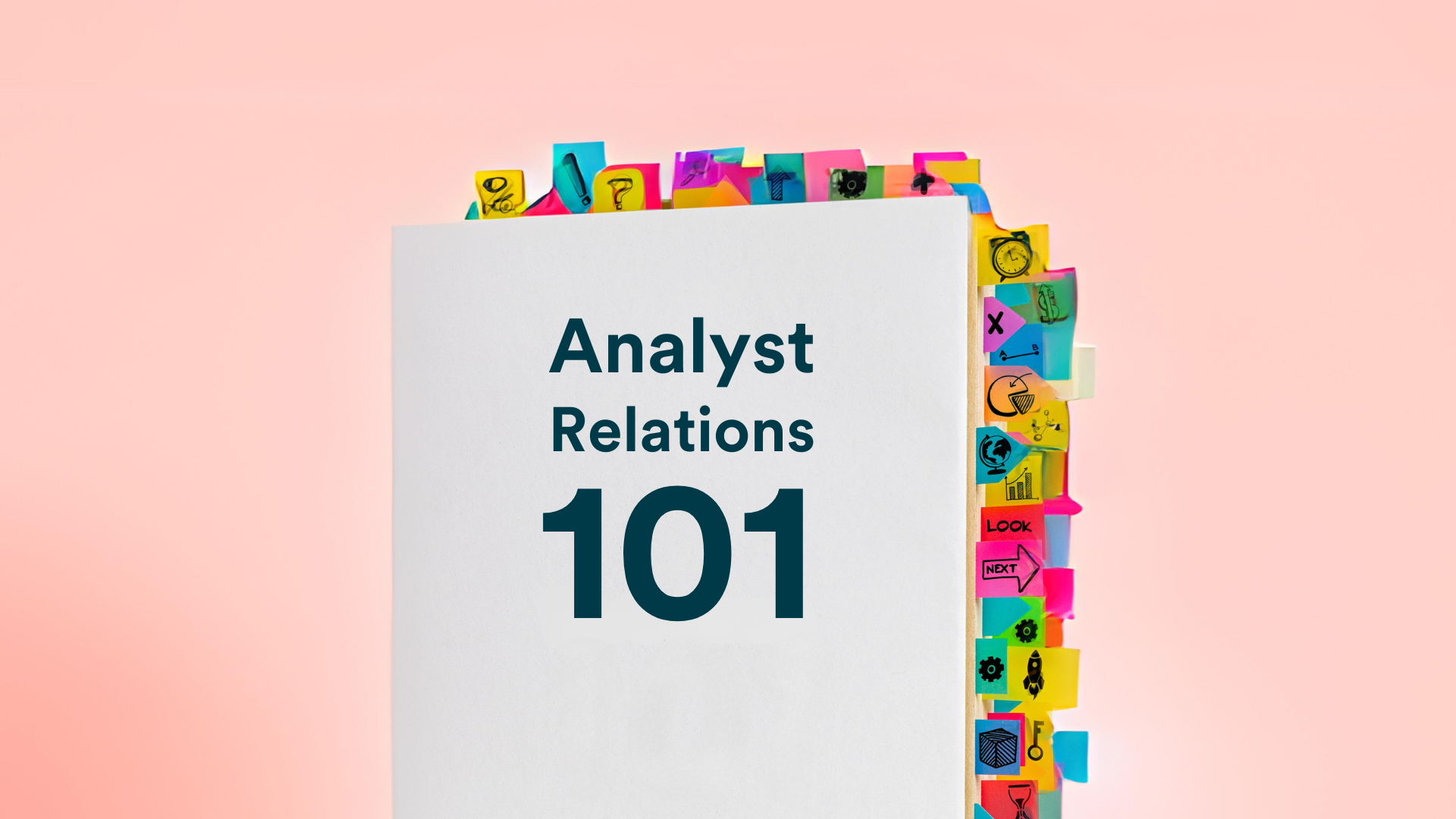Attendees tuned in to hear from some of the most respected leaders in the Analyst Relations community. Across eight sessions, we discussed analysts’ impact, the role analyst relations has in contributing to business success, and some of the challenges the industry faces today. The AR Forum will land in San Francisco on November 9th, following up on some of the key themes discussed in June and delivering a knowledge sharing platform for AR professionals.
Data and insights: From measurement to evaluation
Industry leaders agreed that developing better analyst insights through one-to-one and one-to-many interactions will further develop analyst relations programmes. Organisations can prioritise the projects delivering the most business value with the learnings from better analyst insights. They will also help connect the correct data to the right section of the organisation.
All analyst relations programmes are different; therefore, there is no best analyst relations metric. When deciding on metrics, panellists and participants of the AR Forum agreed that the broader business goals are always the best place to start – you should try to develop measurements that can show how your programme contributes to wider business goals. Annual analyst perception audits were an excellent suggestion to produce attractive data points to measure and evaluate a programme’s success, given the difficulty in tracking sales as a result of AR.
As the industry grows, analyst relations metrics must evolve to align with wider business goals. Data will play a more significant part across analyst relations programmes to drive effectiveness and evaluate success. The shift from measuring process to evaluating outcomes is sure to be a topic for discussion going forward.
Digital Transformation: How AR processes are being reimagined for digital-first marketing approaches
Industry analysts’ influence is increasing across all stages of customer purchasing journeys. The evolution of the buying process is changing the role of AR, and in turn, AR processes need to adapt to these new requirements. Analyst relations teams should no longer have to own every source of influence. With the opportunities a digital-first marketing approach can offer, sharing influence and coordinating strategy with teams across the whole organisation is so important.
Industry leaders will discuss the opportunities digital marketing tools and platforms offer and how AR programmes can capitalise on making the most of them in San Francisco. Panellists will discuss potential new insights digital processes can deliver to measure analyst engagement and advocacy and what a change to a digital-first marketing approach will mean for AR measurement and evaluation.
The next stage of AR transformation
The industry’s evolution does not change the fact that analyst relations cannot be automated. Communication and relationship-building skills will continue to be imperative to succeed in any AR programme.
Delivering more business value should be the industry’s goal, and a well-devised AR programme should mature with the target of moving away from purely trying to drive awareness. By adapting your approach to encourage specific analyst insights, your analyst relations programme will support growth and deliver more business value. This adds an extra layer of importance to measuring the correct data to enable growth and maturity by designing a programme that delivers insights into key parts of the business, such as product development or strategic management, demonstrating that business value will be much easier.
The AR Forum in San Francisco on November 9th will continue discussions from this year’s virtual event, exploring best practice and next practice for the industry. The sessions will be a mix of presentation and roundtable formats covering themes that most excited the audience in June and will provide another opportunity for AR professionals to join the conversation.














